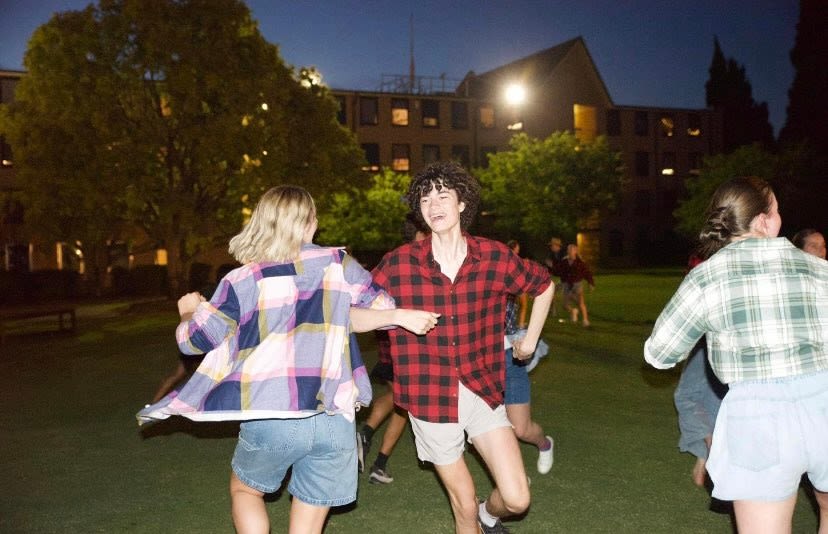

Our First Nations students and other Trinity College staff and community members gather for the official launch of the Kumergaii Yulendji committee
Aboriginal and Torres Strait Islander peoples of what is now known as Australia represent the oldest living culture in the world. First Nations communities have long celebrated culture, language and country as powerful sources and instruments of authority, identity, strength, spirituality and healing.
As members of Kumergaii Yulendji, Trinity College’s first official First Nations student committee, we are honoured to begin paving the way for First Nations people to be proud of their culture and to fulfill their true potential as the nation’s first peoples.
Here at Trinity College, we are driven by providing strong leadership and our collective goal to achieve social justice, in which First Nations people can thrive alongside all students.
Our name, Kumergaii Yulendji, was gifted to us by Aunty Carolyn Briggs, a Boon Wurrung elder and important member of our Trinity community. The name means ‘knowledge arising’ in Boon Wurrung language and is fitting for our committee, as we strive to share knowledge about our culture and build real and genuine relationships and partnerships while committing to the ongoing development of our college community.
The committee was established by Trinity alumni Jasmine Thompson and Jordan Holloway-Clark, with the intention of creating a platform to promote and empower First Nations students’ voices and experiences to be strong and respected within Trinity College.
So far, this goal has been achieved through weekly meetings in which we discuss any concerns other members of Trinity’s First Nations community may have and upcoming plans for important events throughout the year, such as National Reconciliation Week and NAIDOC Week. This has been a fantastic way to regularly touch base with each other and ensure we are continuing along the path we set for ourselves in the early days of starting this committee.
We intend to raise awareness of these two weeks and connect to culture and country by hosting activities such as weaving, playing traditional games like edor and buroinjin and screening the films ‘Bran Nue Dae’ and ‘In My Blood It Runs.’
We have also had the opportunity to host a fireside chat with the theme ‘You Can’t Ask That’. This encouraged participants to explore topics they have questions about, but perhaps didn’t feel comfortable seeking answers to without an anonymous survey.
The fireside chat provided three Kumergaii Yulendji panelists the space to reflect on and open up about their personal thoughts on each question. Some of the themes covered included how allies can best support Indigenous students, preferred terms of address, and why having a First Nations committee at Trinity is so important.
Everyone who attended the event showed a genuine interest in working towards an increasingly respectful community and developing strategies to make Aboriginal and Torres Strait Islander students feel that they, along with their cultures, are valued.
Cultural identity supports the development of our sense of self, by giving us meaning and purpose in our life. A strong cultural identity is essential for emotional and social wellbeing and establishes a sense of belonging and security.
Our committee is best placed to provide a genuine First Nations perspective and creates a space where we must have respect for and understanding of cultural differences, all the while building our own resilience when we are often faced with discrimination, racism, disadvantage and hardship.
Inaugurating this committee was especially important for each of us as individuals, as we are all firm advocates for a person’s culture being an integral part of their identity. As such, it is necessary to establish a community that not only encourages acceptance among peers, but endeavors to share knowledge of culture, and actively works towards these goals.
We, as Kumergaii Yulendji, hope to accomplish this over the course of 2021 and in the years to come.
Written by the Kumergaii Yulendji committee and coordinated by Alistair Bates.
Related News

Announcing our 2026 Alum of the Year – Jen Peedom

50 years on: Trinity to host symposium examining Malcolm Fraser's legacy

Trinity College unveils significant addition to ER White Collection

Meet your TCAC student committee for 2026

Introducing the ninth Warden of Trinity College

Our Way: Celebrating Indigenous Art
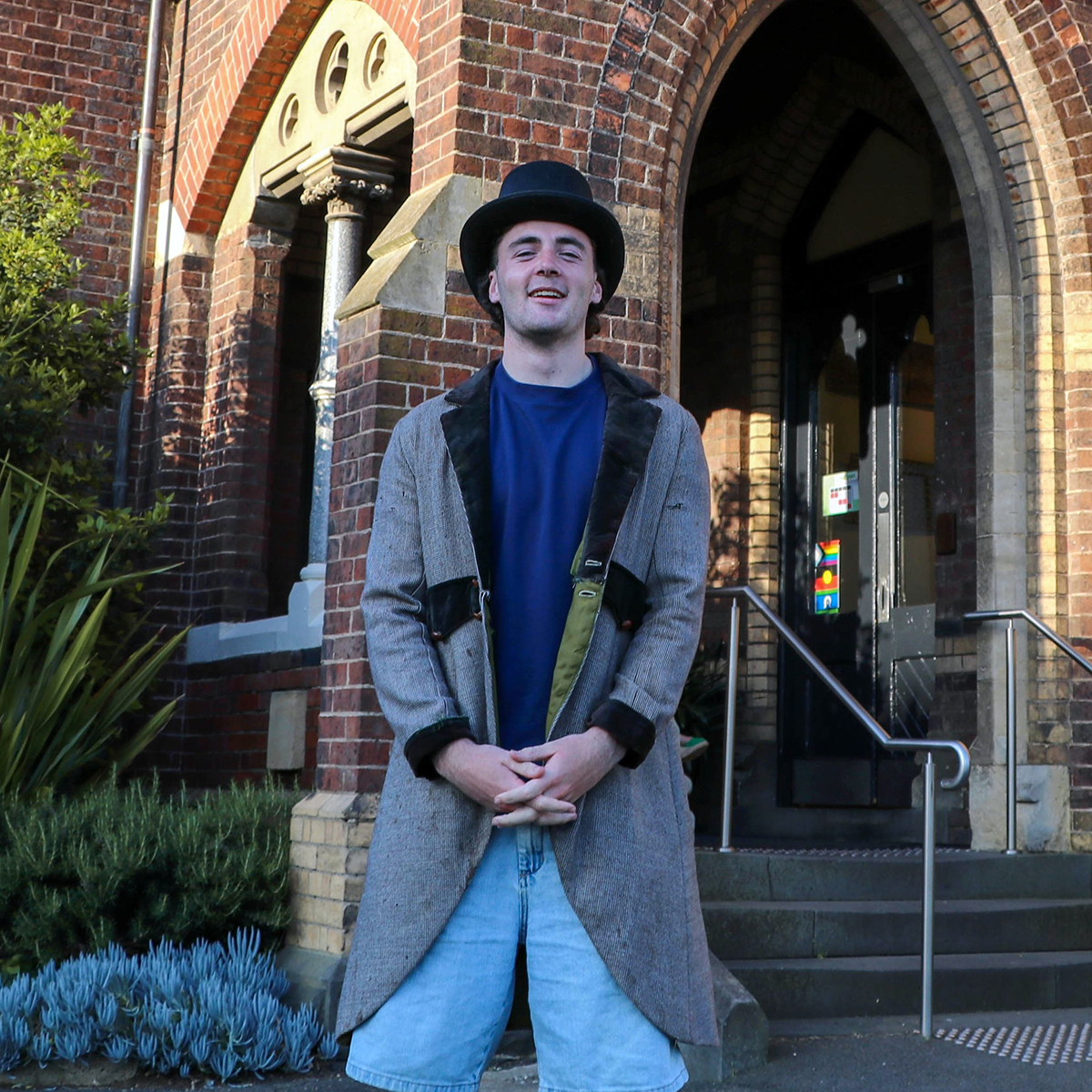
The Badimaya man from Ballarat on ‘unlocking students potential’ as Trinity Senior Student

A new world of wine

Jack reaps the rewards after taking a leap of faith on Trinity College

Marketing to the next generation: considerations in a rapidly changing world

First year resident Harvey says ‘there’s always someone to chat with’ at Trinity College
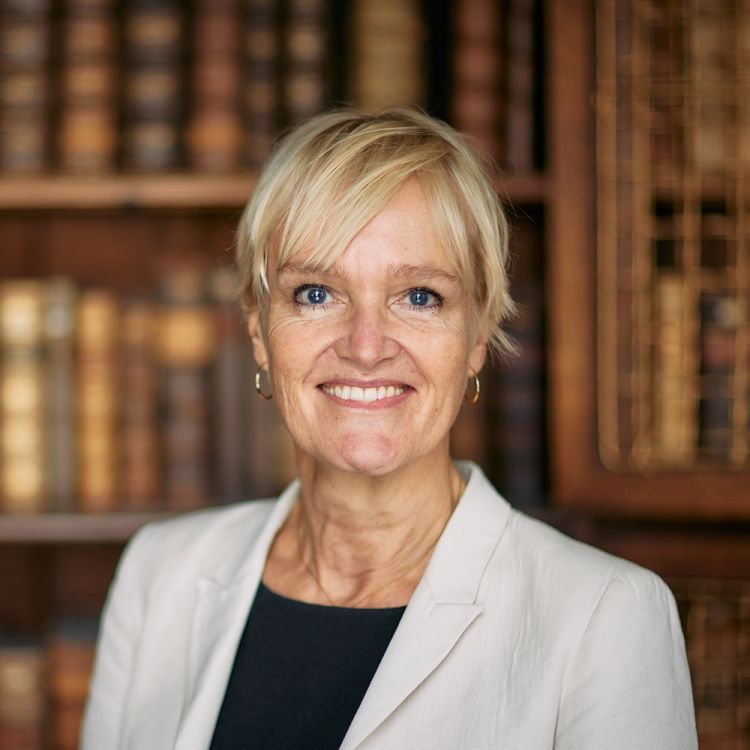
Making greener, ethical choices for better business

A message from Professor Ken Hinchcliff

Gyan Angon on his move to the big smoke

Eight ways to be a more sustainable Trinity student

Kicking for home: Trinity alum Vicky Tan on balancing research at Oxford with captaining its Aussie rules team
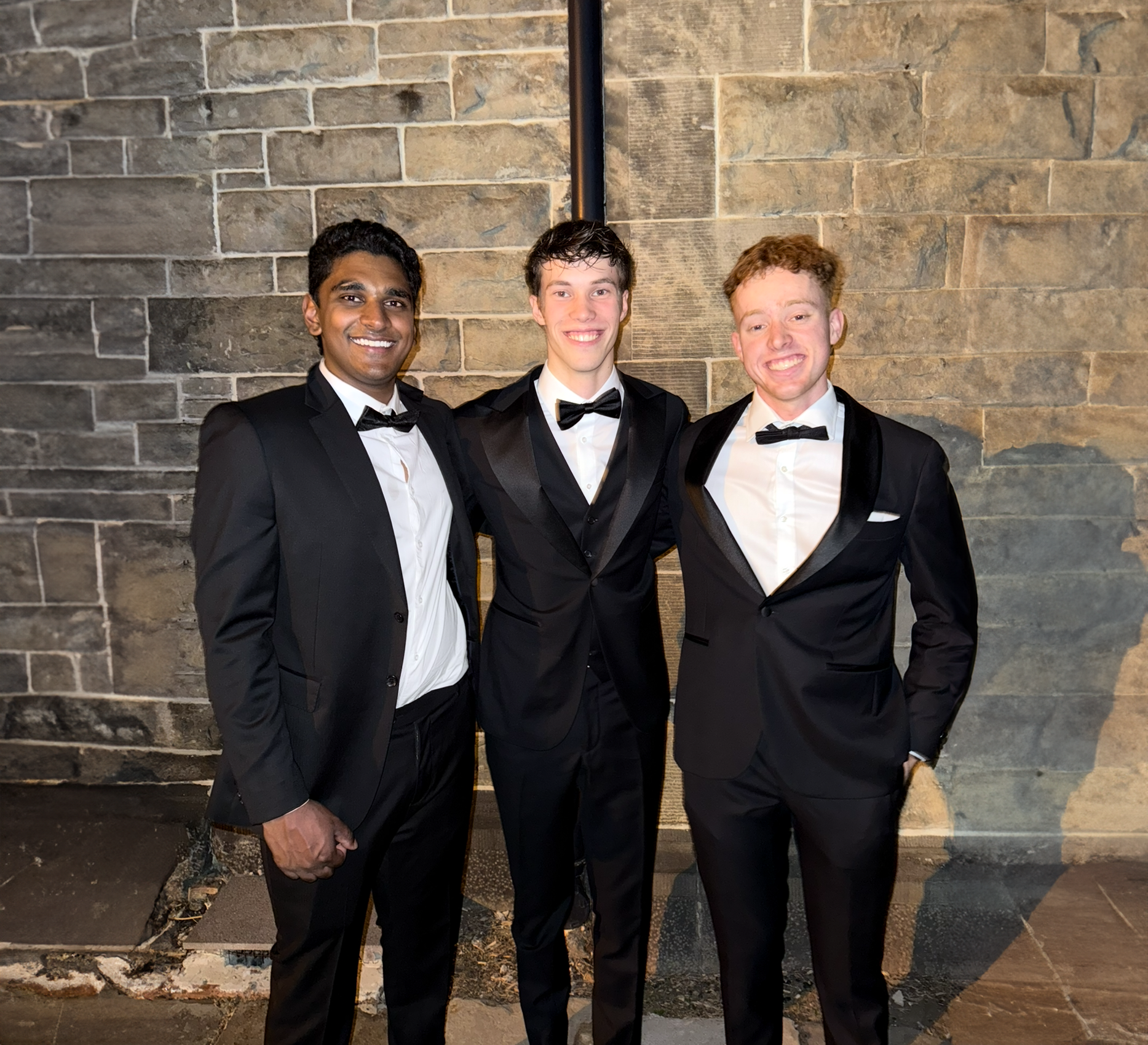
Jack's journey from Mareeba to Melbourne
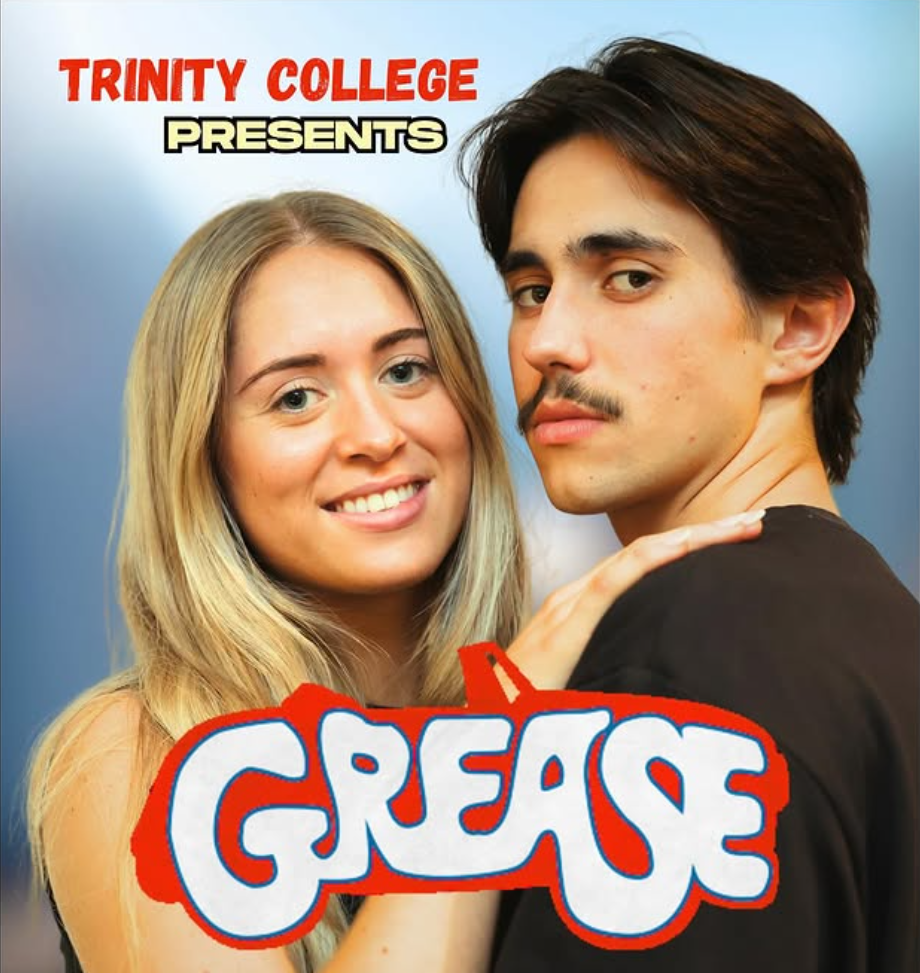
We talk to the people behind Trinity's Grease the musical

Spontaneous friendships and helpful tutorials have ensured a memorable start to College life for Hugh
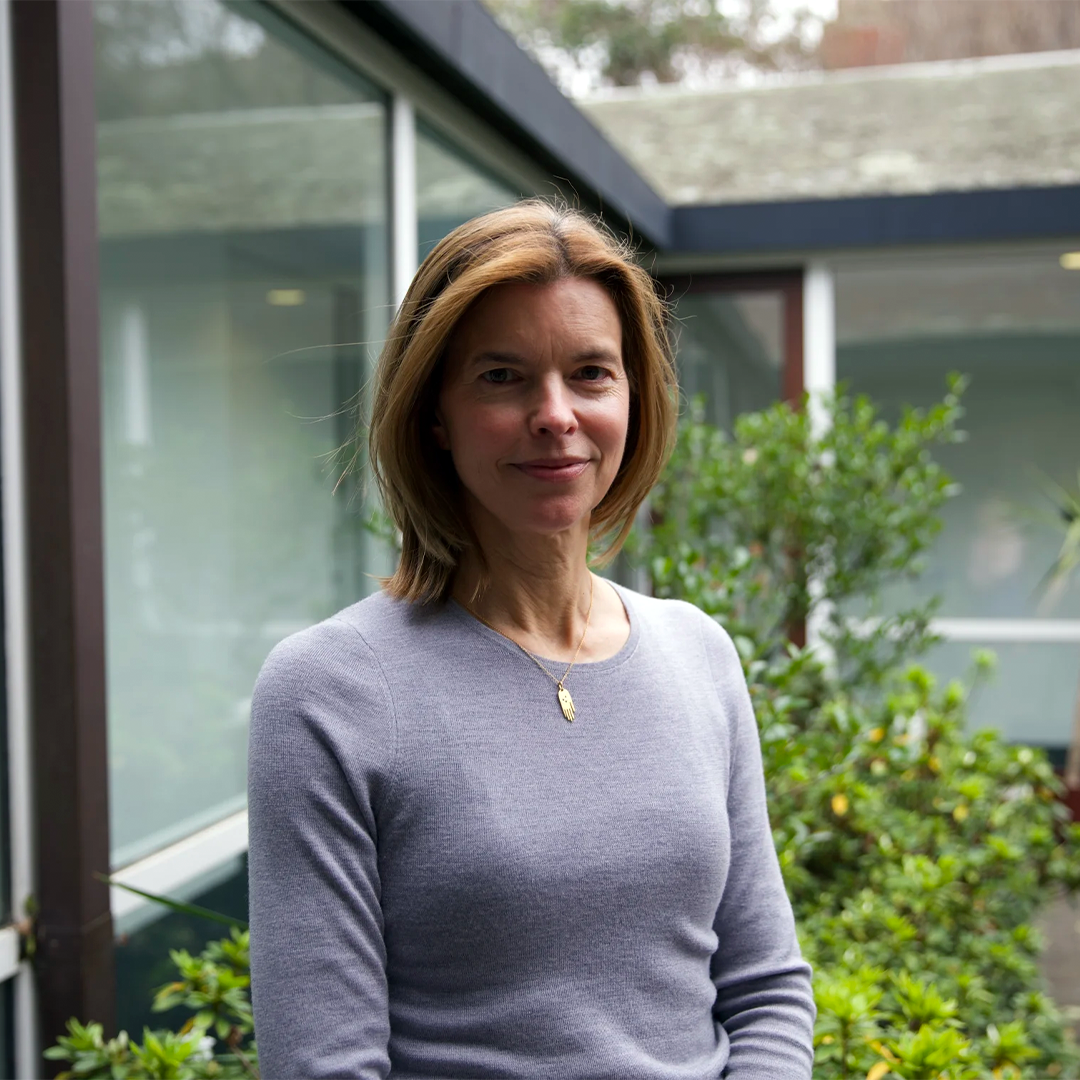
Kirsten Gray appointed Chair of the Trinity College Board
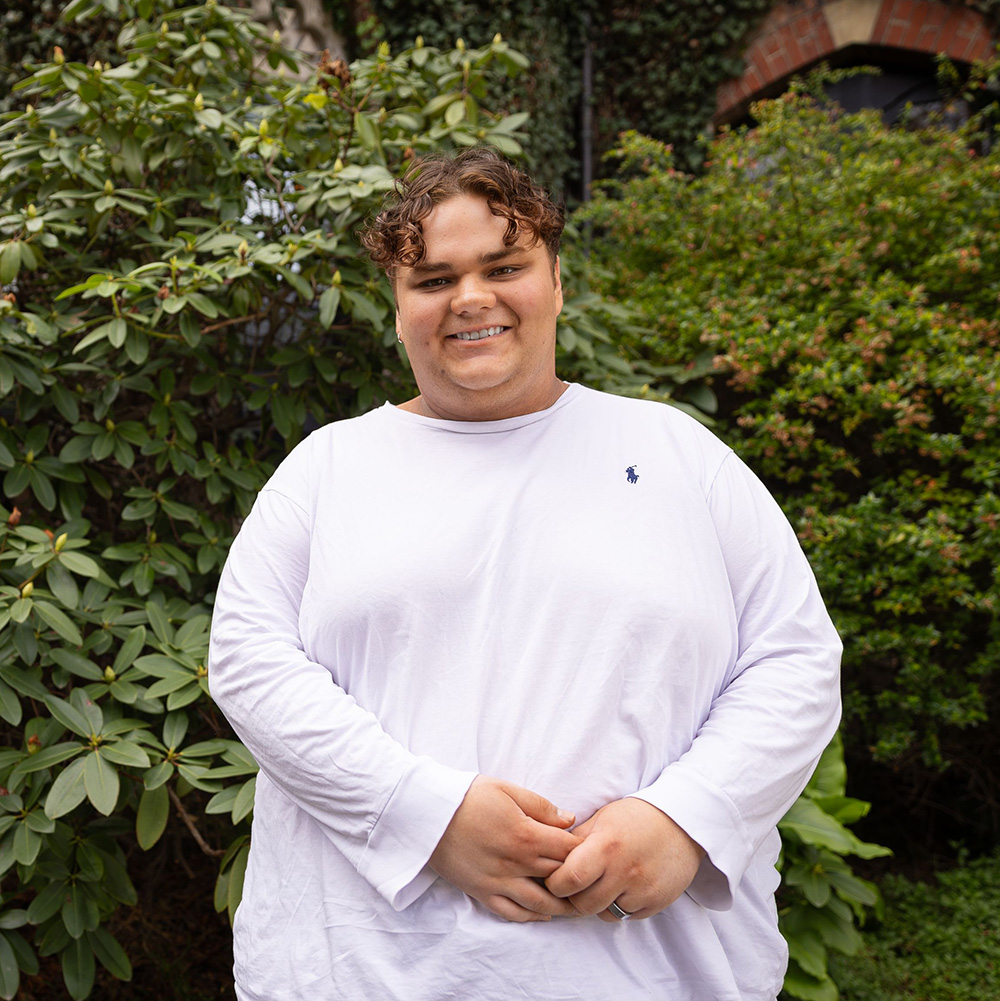
Bridging the gap: an equitable future for First Nations people
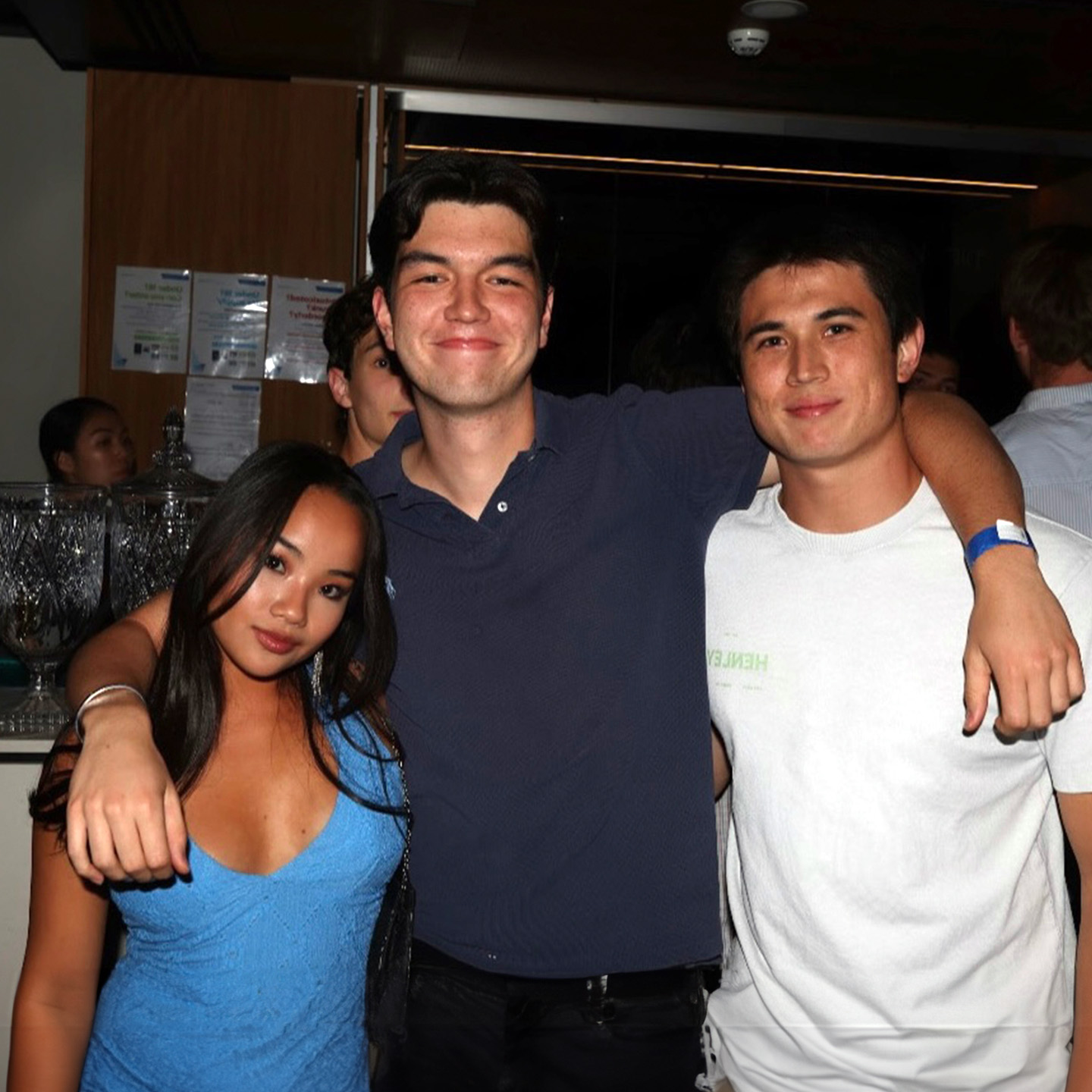
For Cheryl, heart to hearts and plenty of laughs are defining her Trinity experience
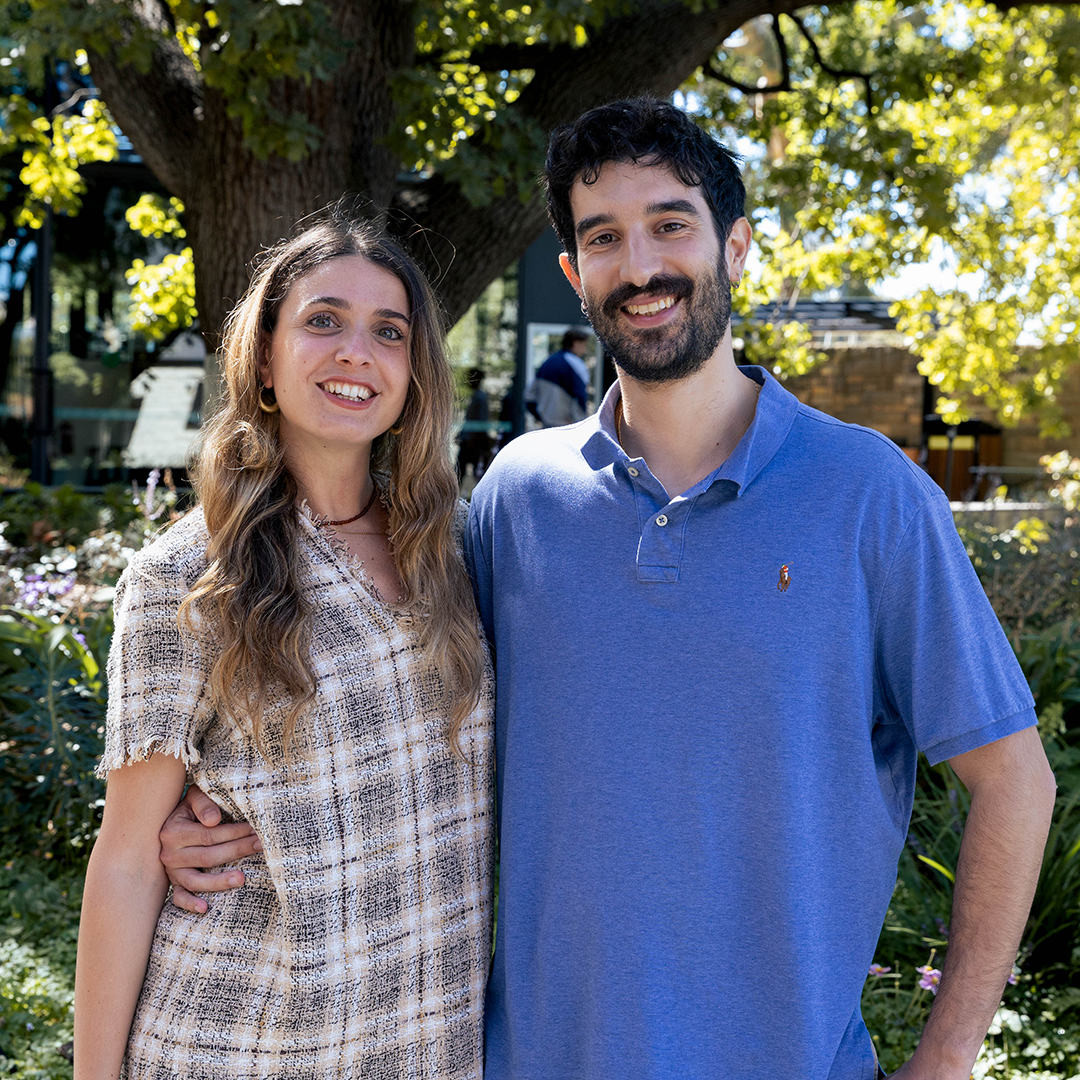
Visiting scholar Pietro Lorenzetti on Trinity hospitality and renewable engineering challenges
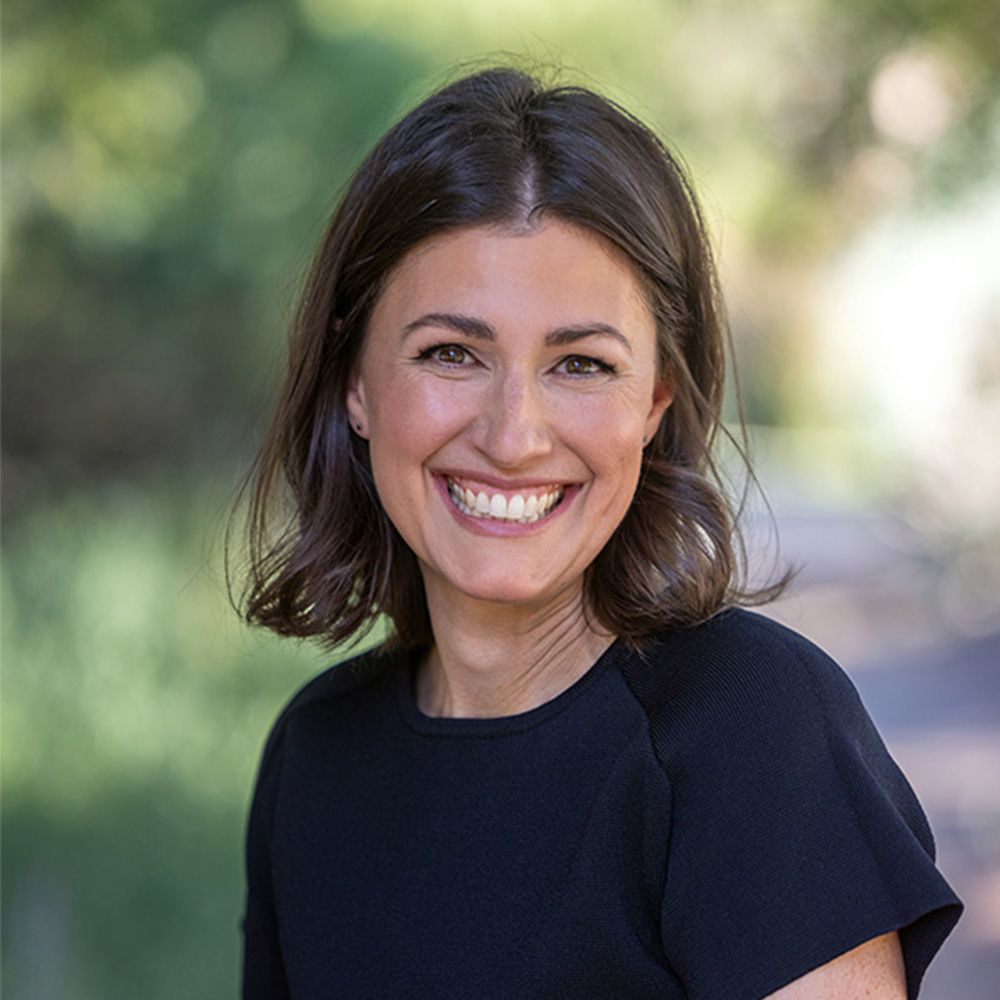
Meet the Trinity alum who's striving for an inclusive parliament
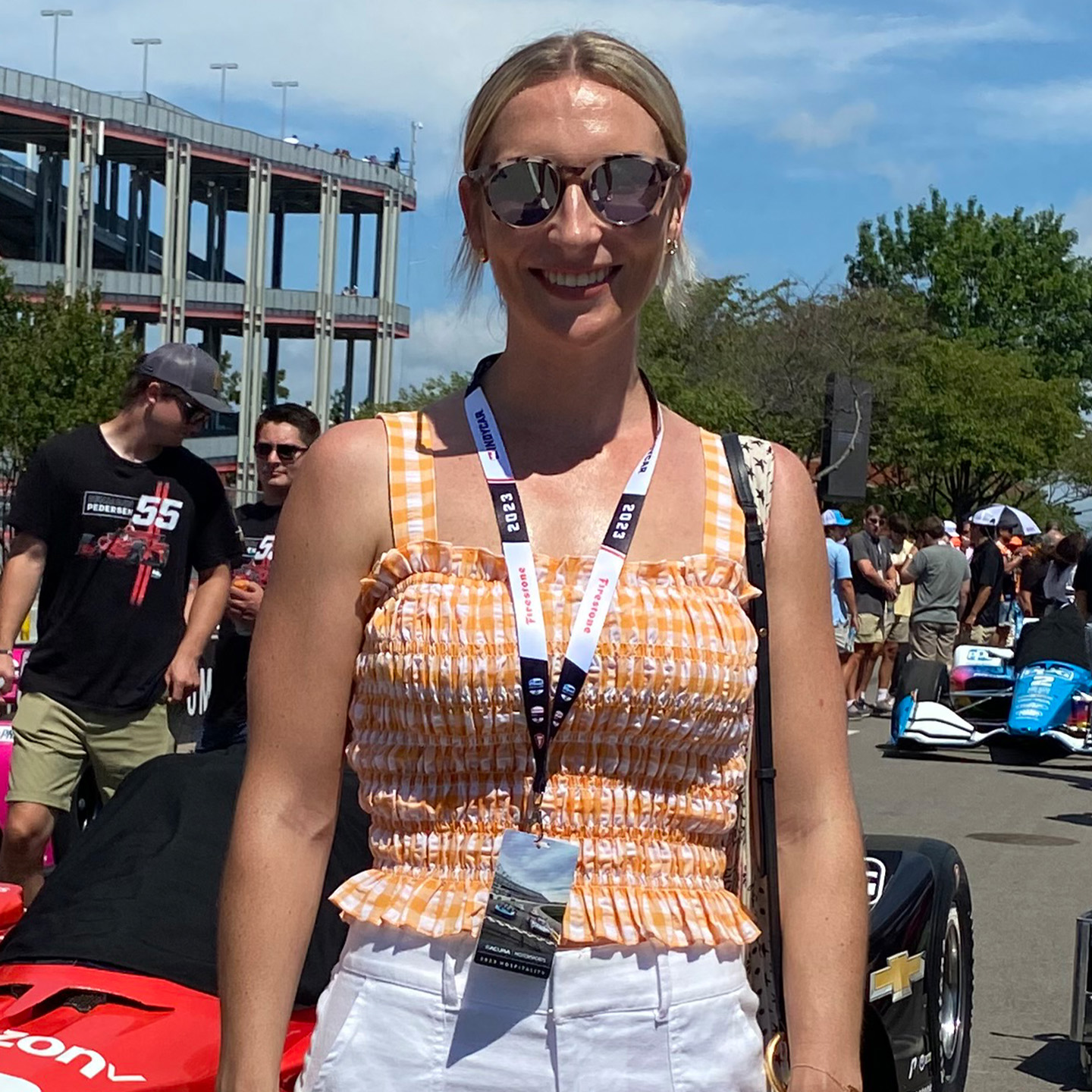
Freya Brolsma: a racing podcaster's journey from the Bulpadock to the F1 paddock
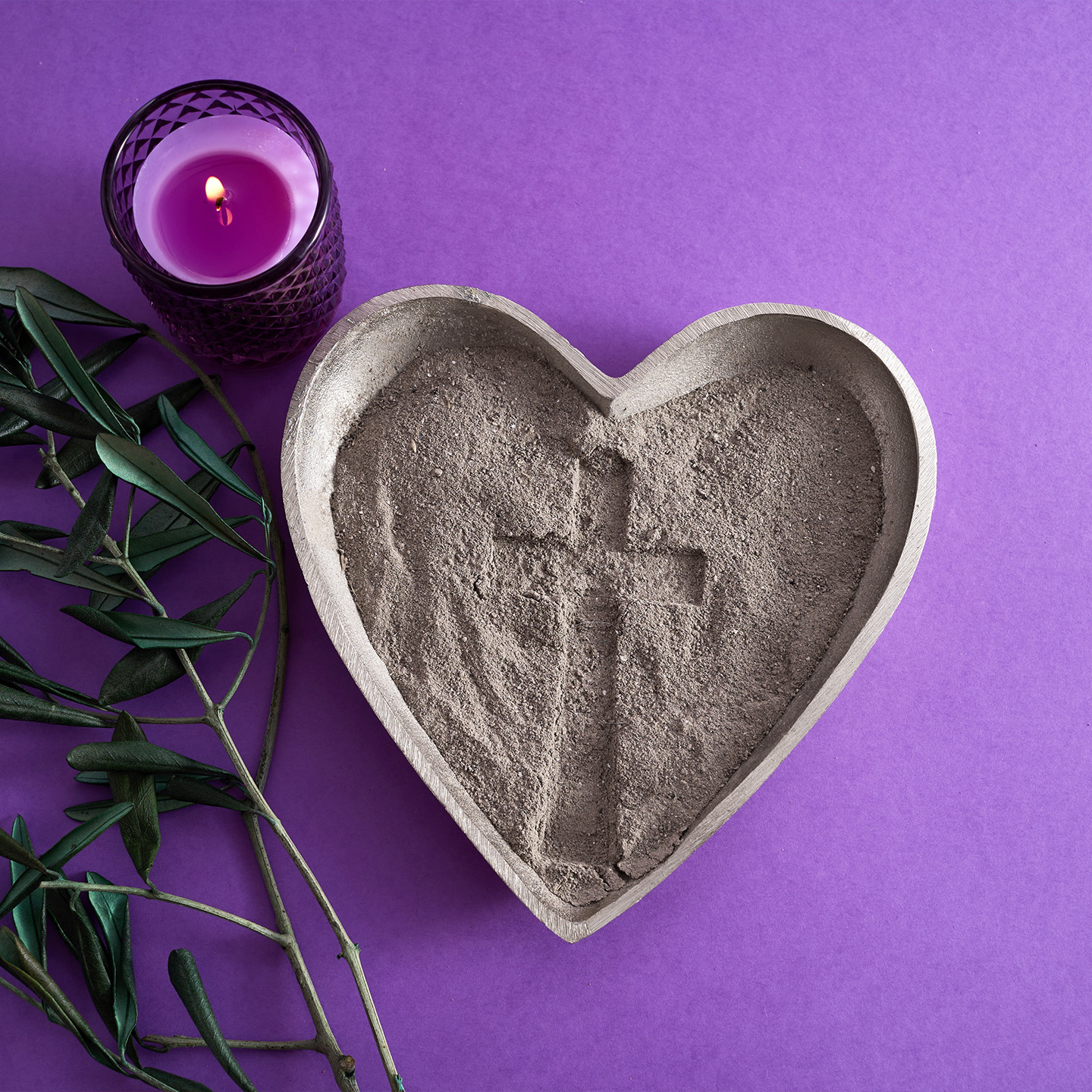
What is Lent?
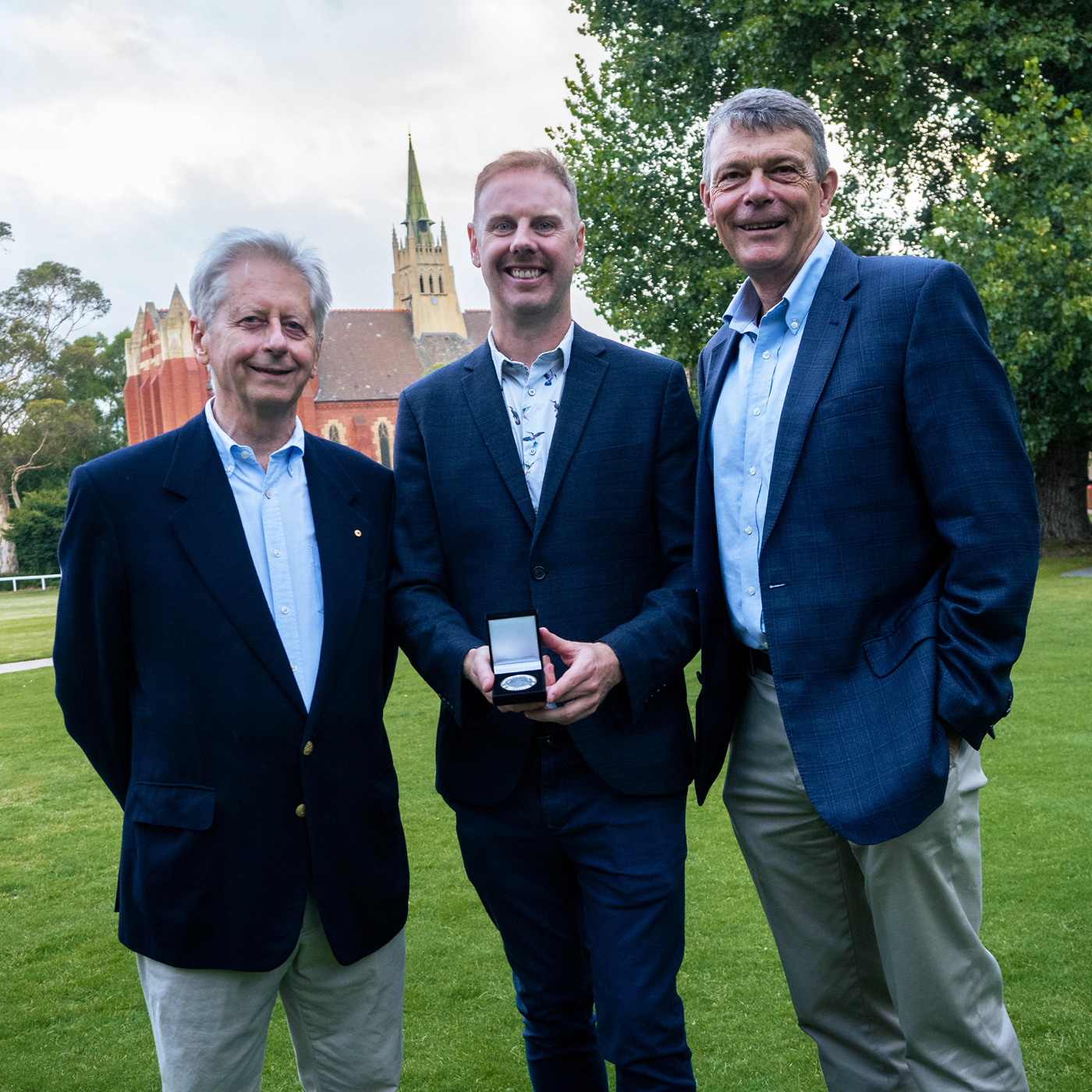
Trinity breaks with tradition to announce joint Alumni of the Year
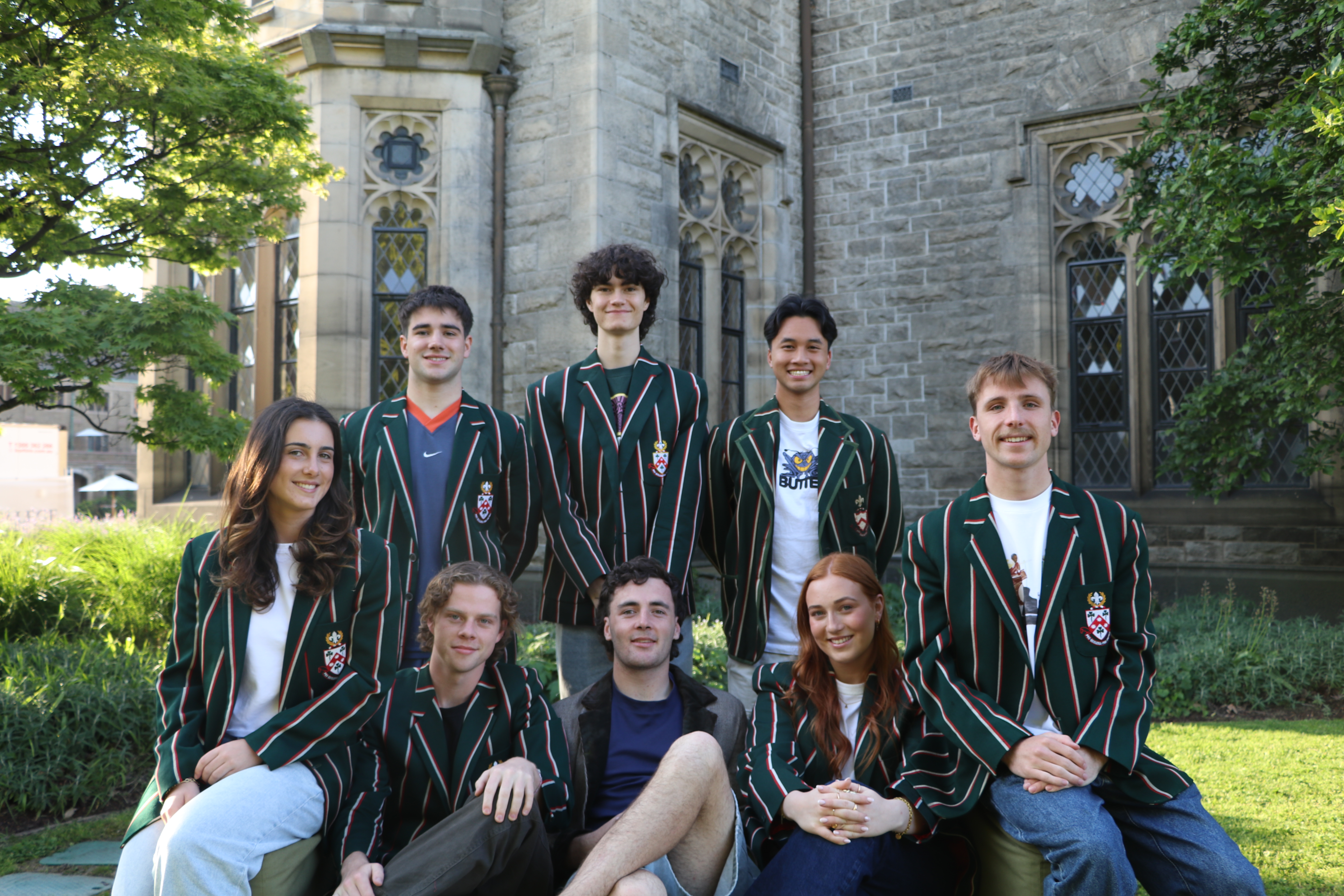
Meet our TCAC student committee for 2025
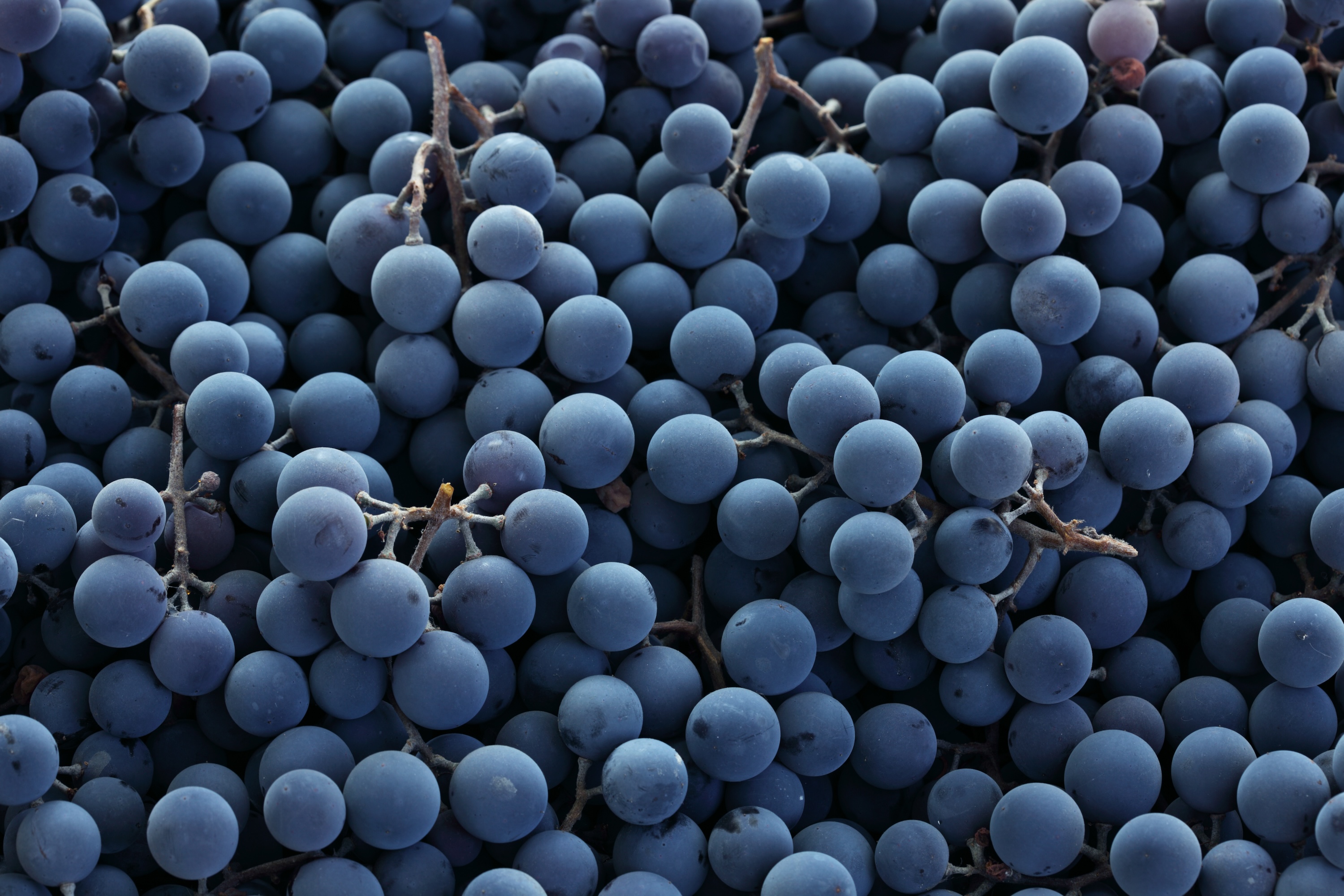
What is Trinity's Wine Cellar student committee?
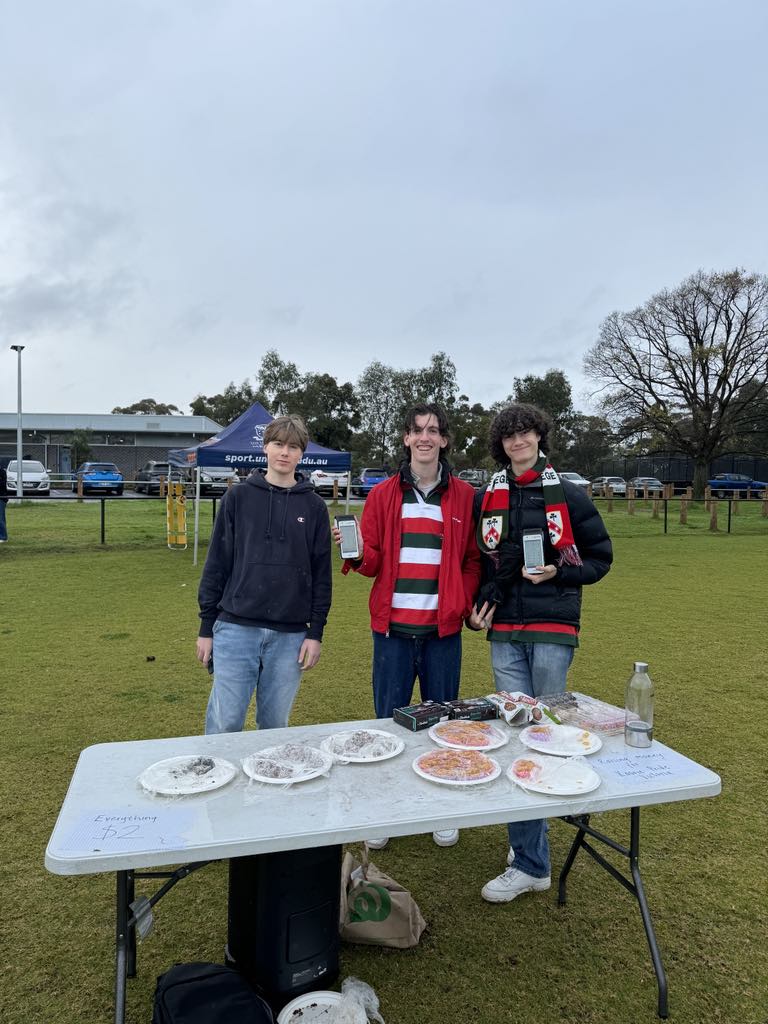
What does our Outreach Committee do?

Residential College student Ravin Desai shares his passion for politics and journey at Trinity
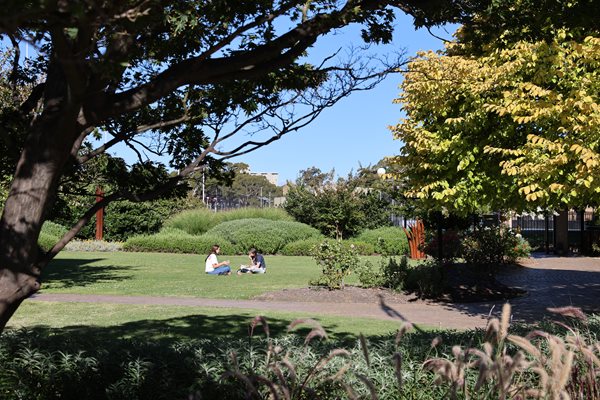
Learn about the Wellbeing and Inclusivity Committee at Trinity
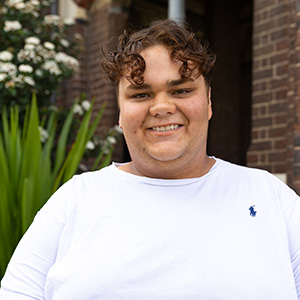
Elias Jarvis and Anisha Damaso on the value of Kumergaii Yulendji at Trinity College
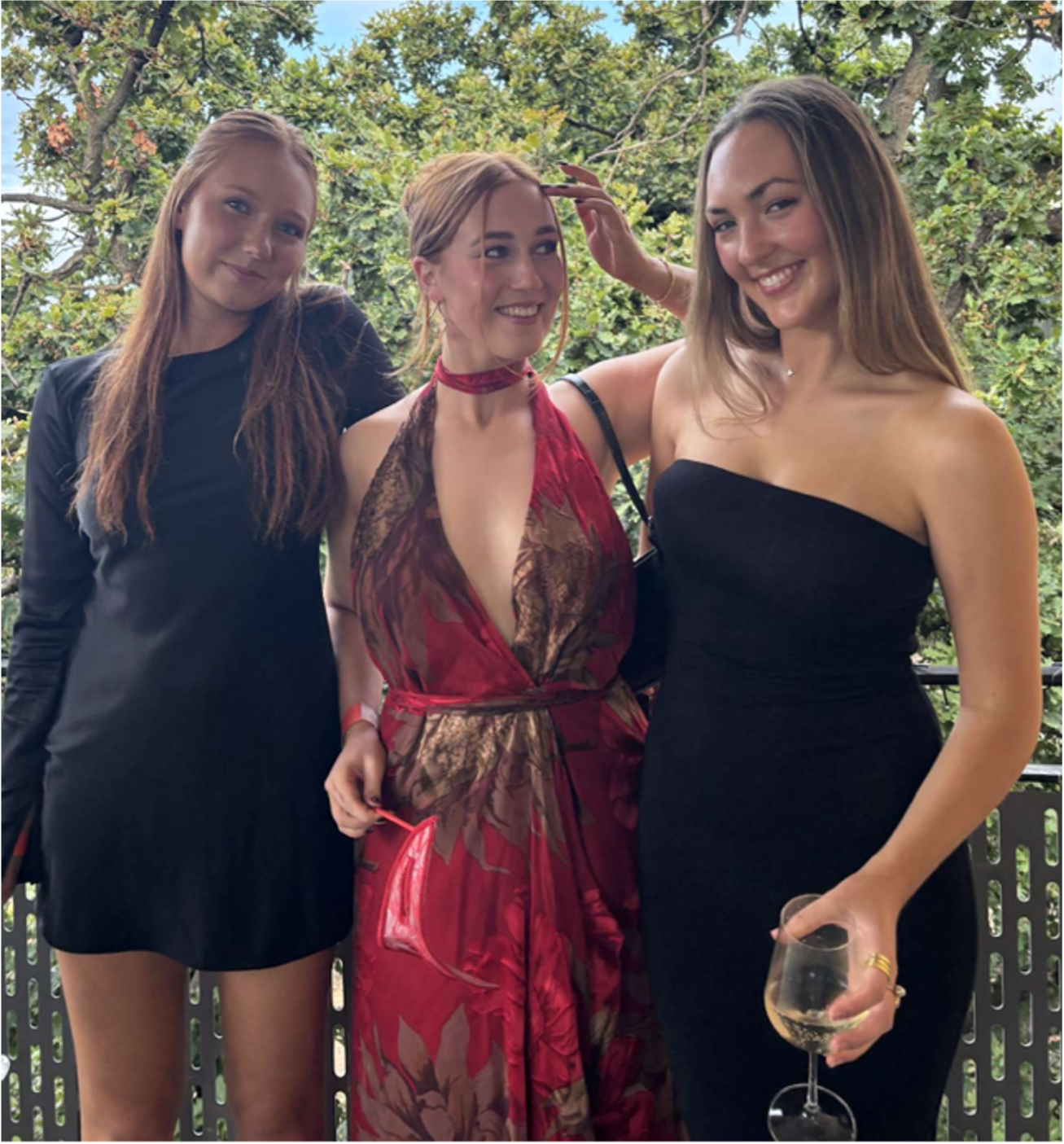
From Albury to Melbourne: Rosie Bradford's story
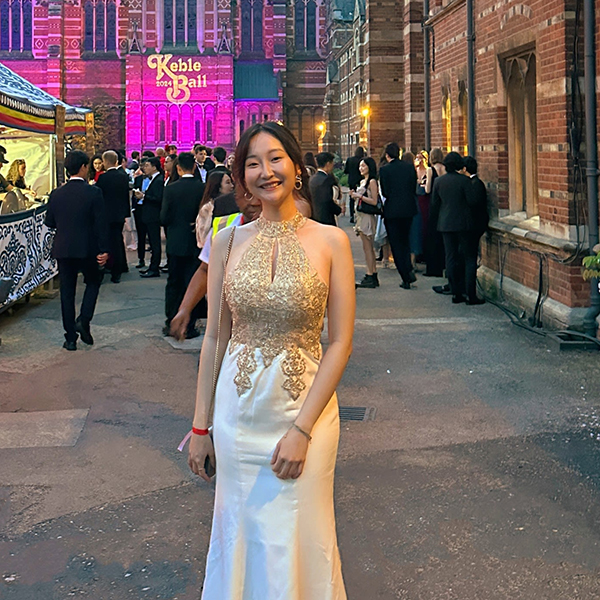
From Foundation Studies to the Residential College to Oxford: Xinran’s story
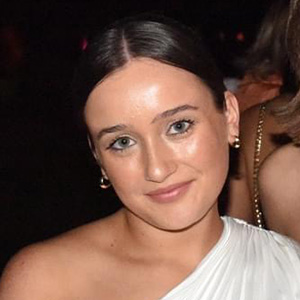
From the surf coast to Melbourne
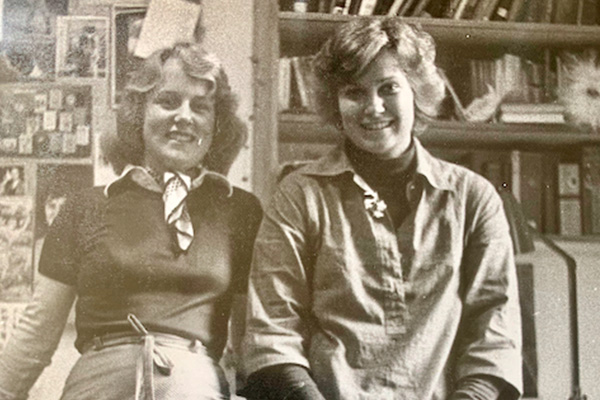
1974 vs 2024 for a woman at Trinity: what’s changed and what’s stayed the same?
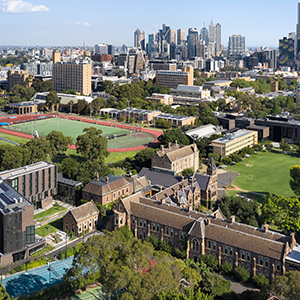
The best things to do in and around Parkville

Meet Trinity's aspiring art curator Seb Moore
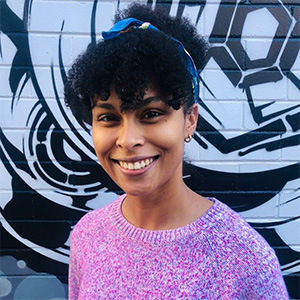
Meet Nakata Brophy prize winner Jasmin McGaughey
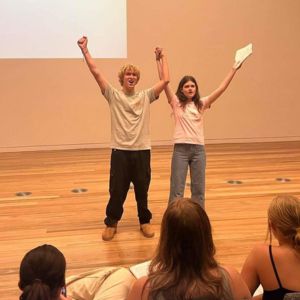
Book now – Heathers: The Musical
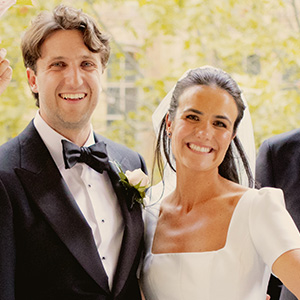
A love story for Valentine’s Day: Matt Hargreaves and Kirsten Callander
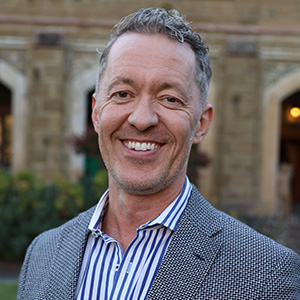
Announcing our 2024 Alum of the Year
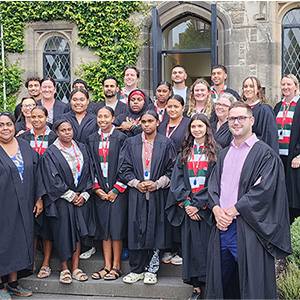
Trinity College Indigenous Summer Camp
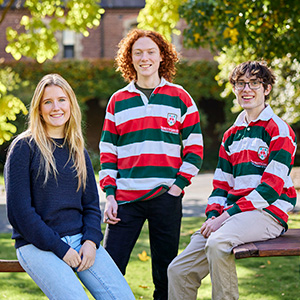
7 tips to prepare for a residential college interview
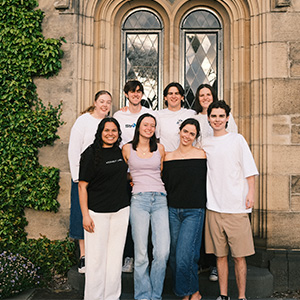
Introducing our TCAC for 2024
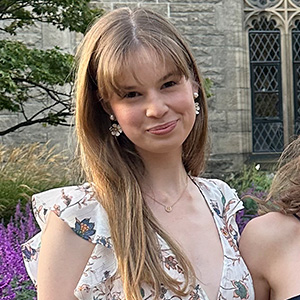
Moving to Trinity from overseas: Katie's story
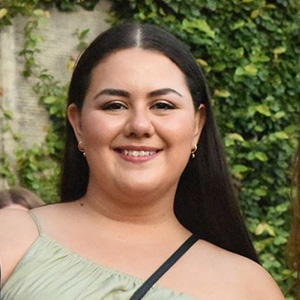
Moving from a regional area, stressing about your ATAR and worried you won’t know anyone? Read Hazel’s story.
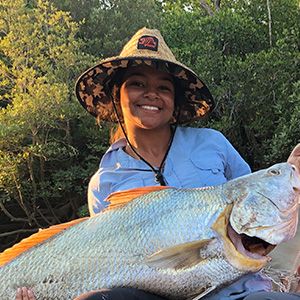
From Larrakia to Wurundjeri country: How Anisha is inspiring other Indigenous students to dream big
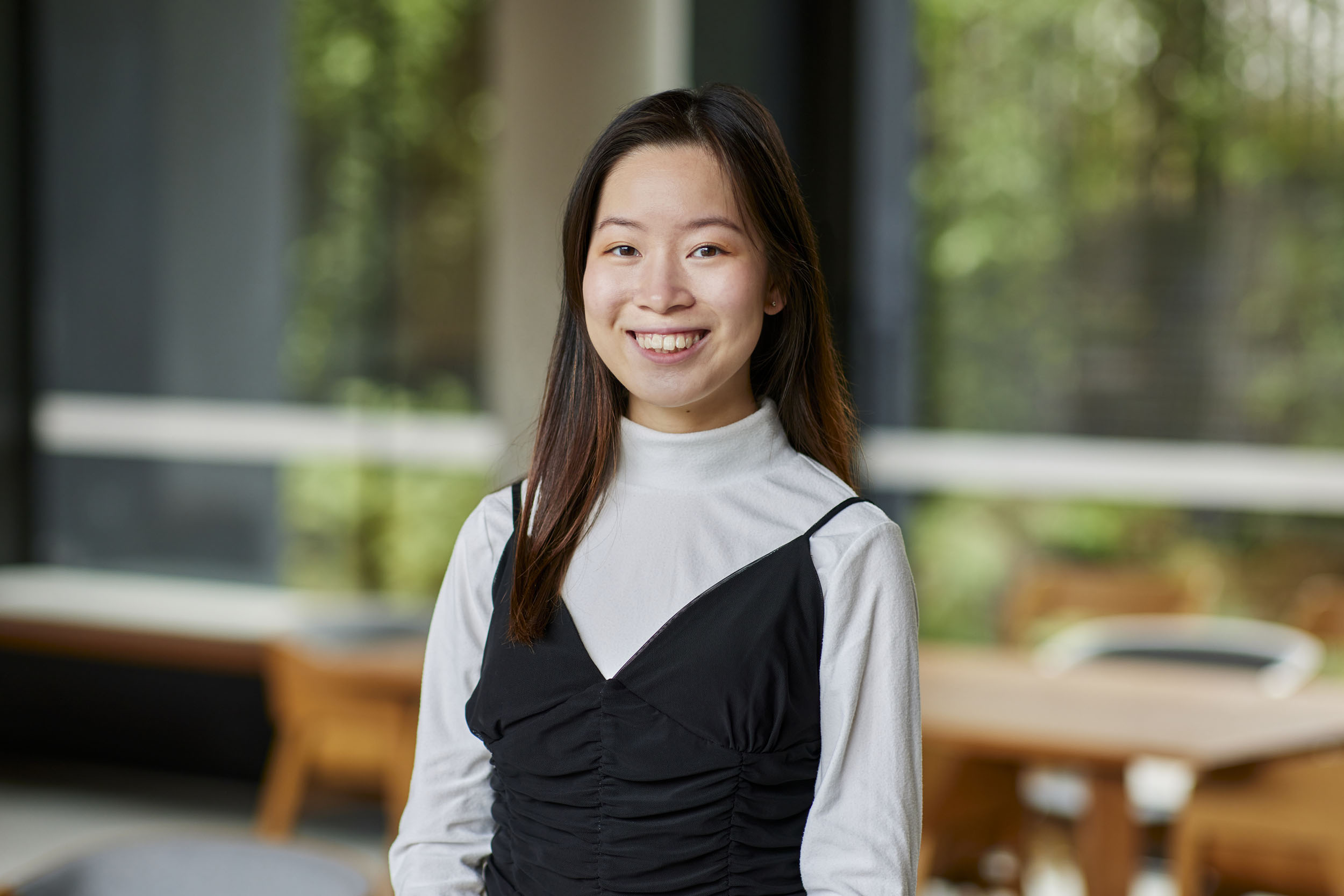
Meet Admissions Coordinator Wendy Ngaturi
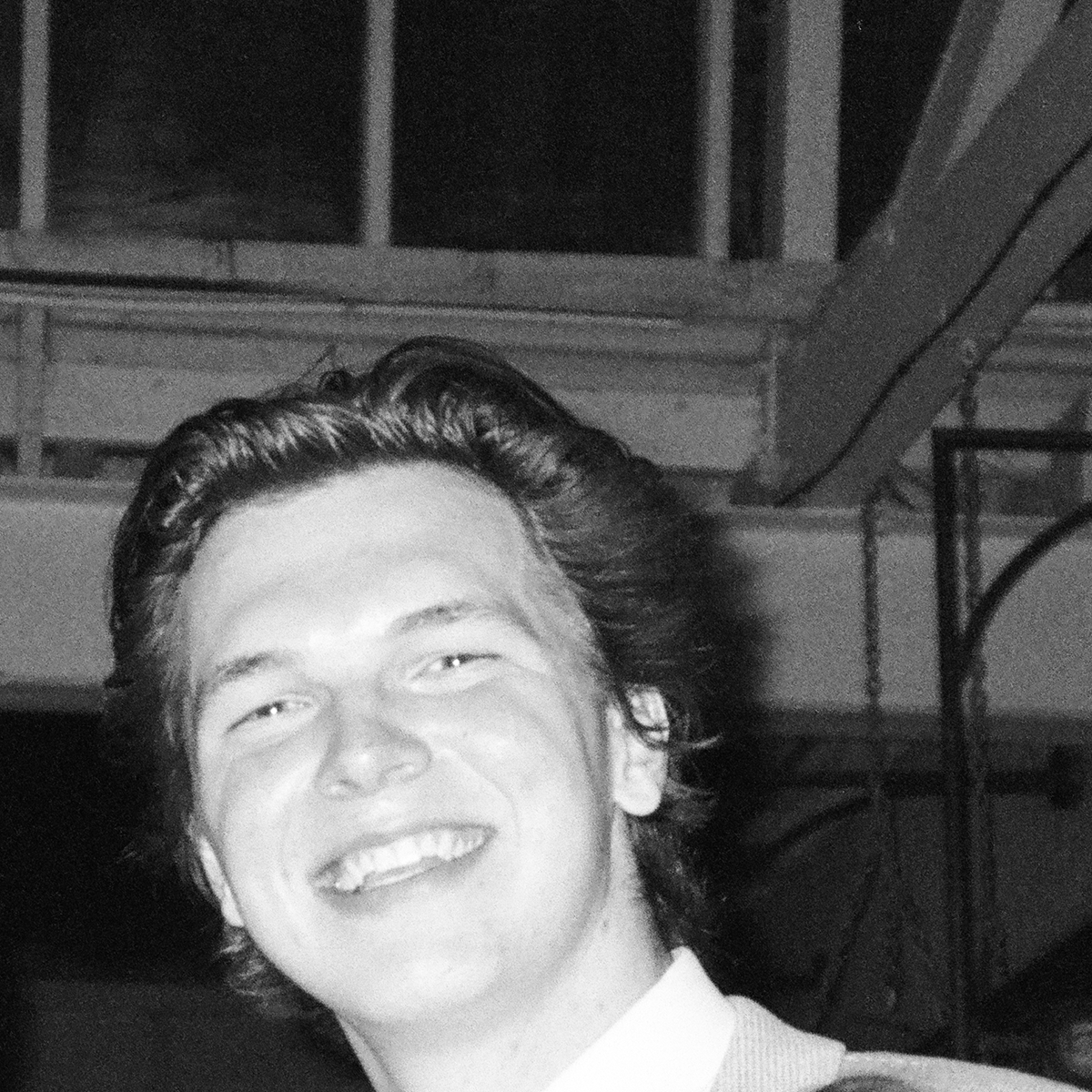
Hugo Jordan on why there's no 'best thing' about Trinity
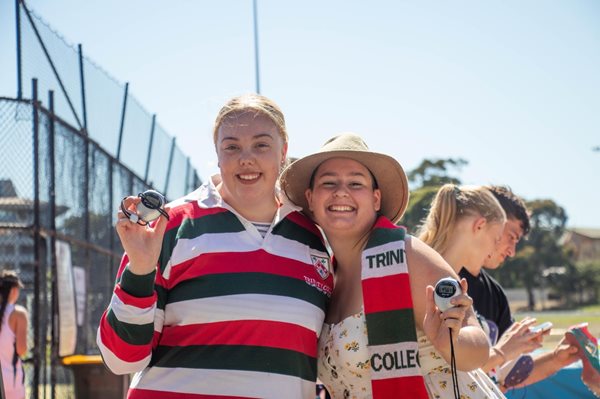
Kate Beggs’s journey from the Great Ocean Road to the heart of Melbourne city
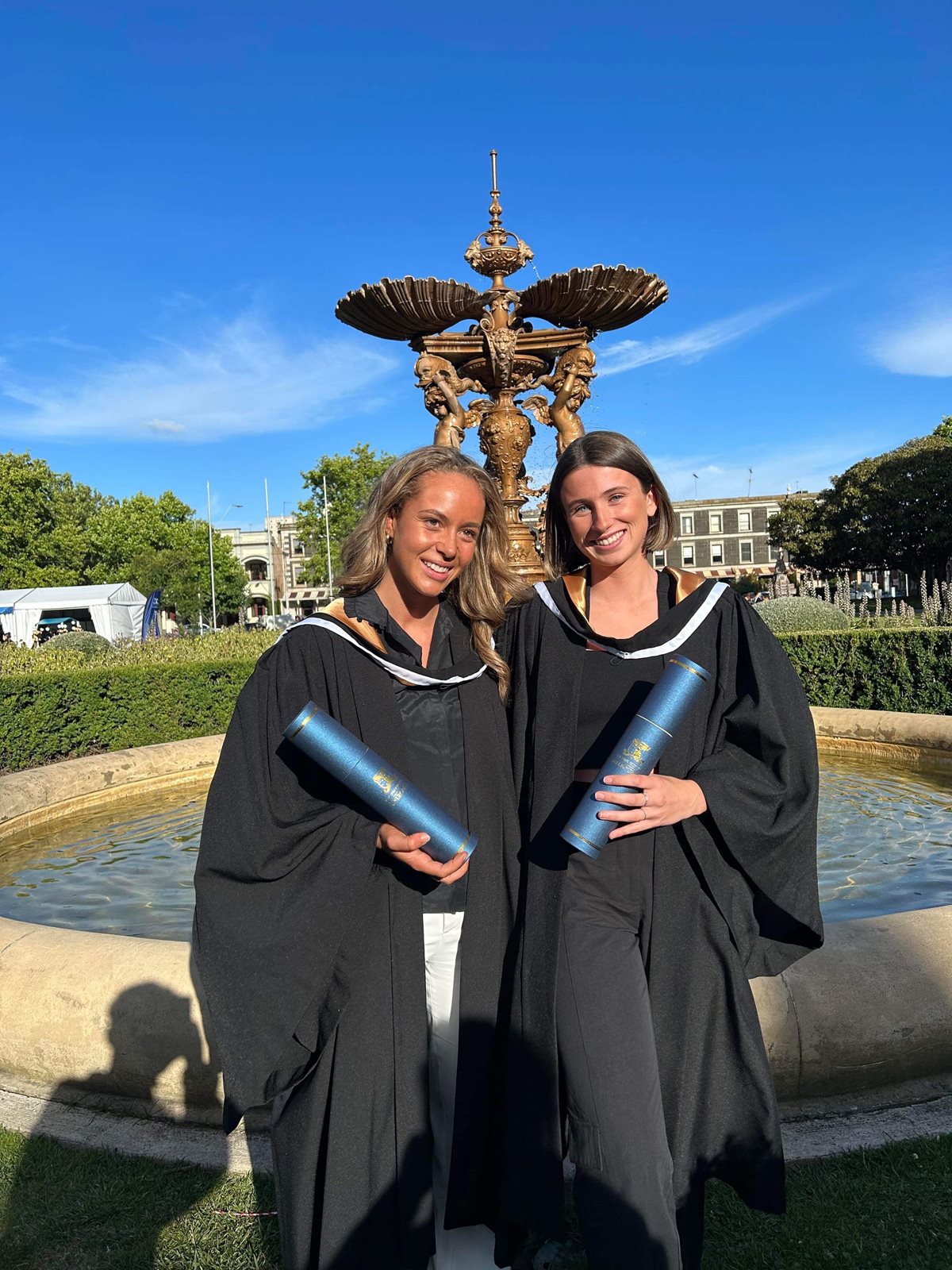
‘College is similar to boarding school, but with a fraction of the rules.’
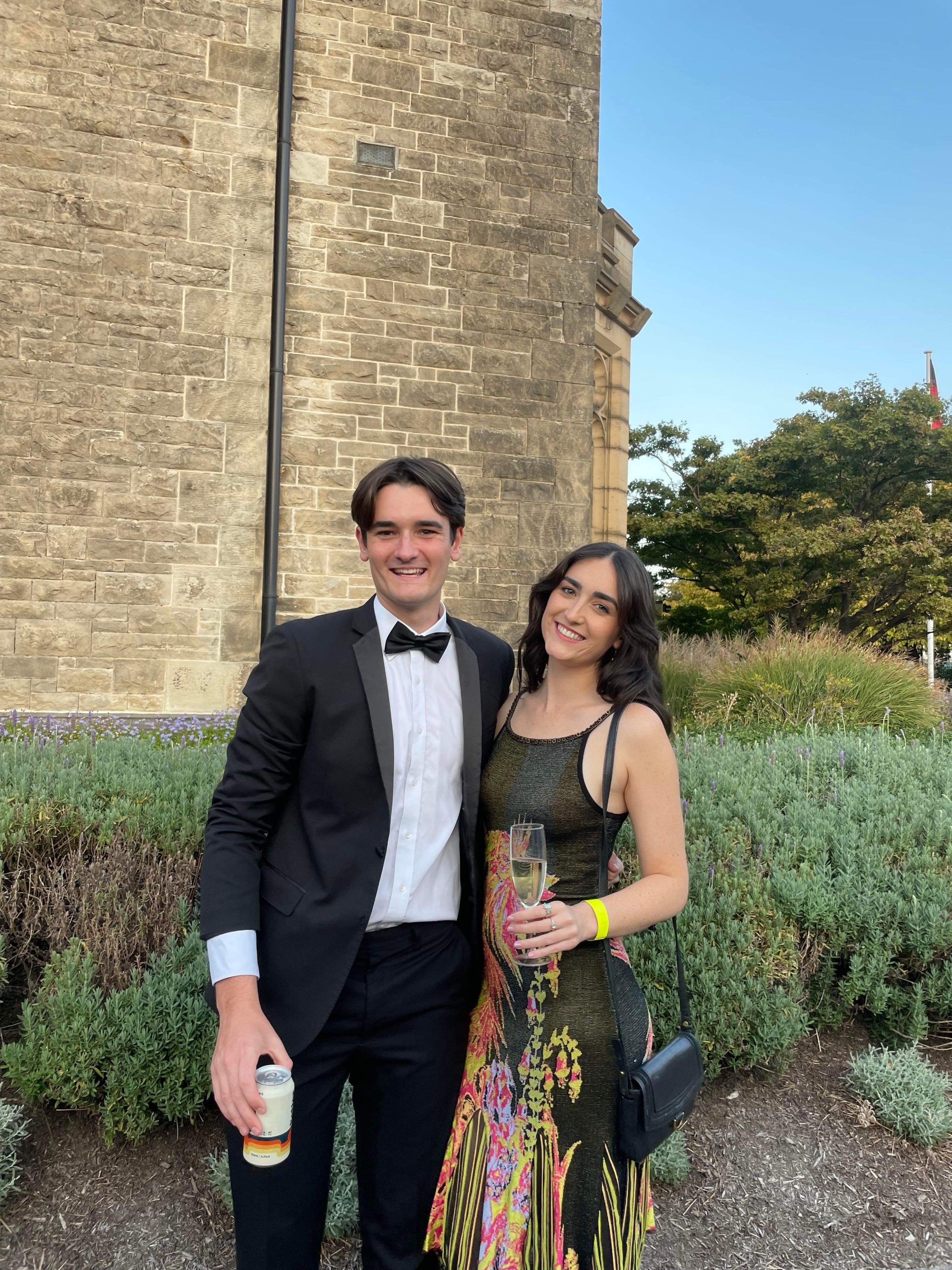
Freya Giles shares her experience of choosing and living at Trinity
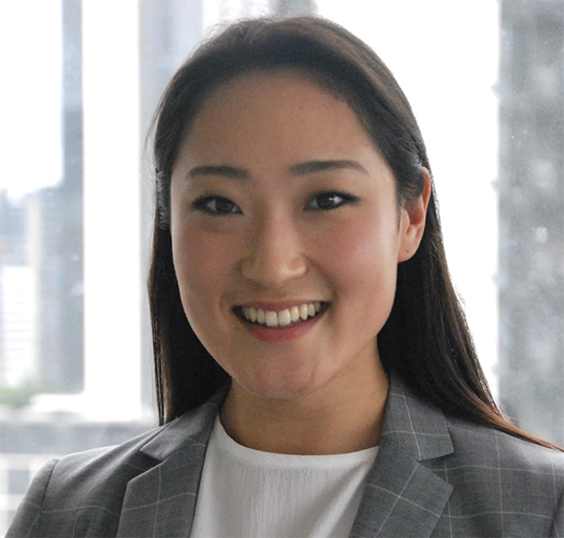
Former Perth student Tessa Moon shares her Melbourne college experience
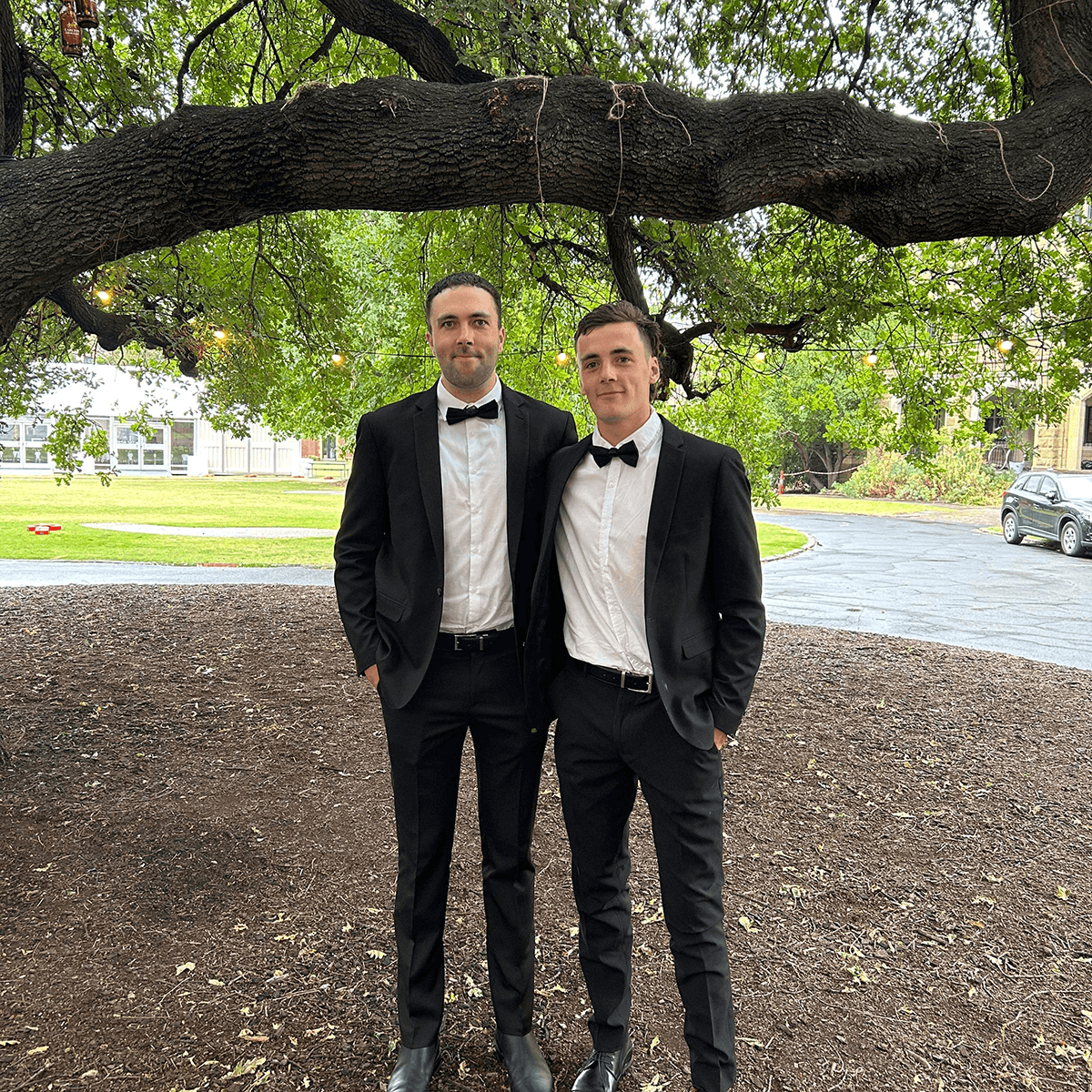.png?width=1200&height=1200&ext=.png)
Isaac Hucker, a proud Badimaya man, describes his journey towards choosing university and college life
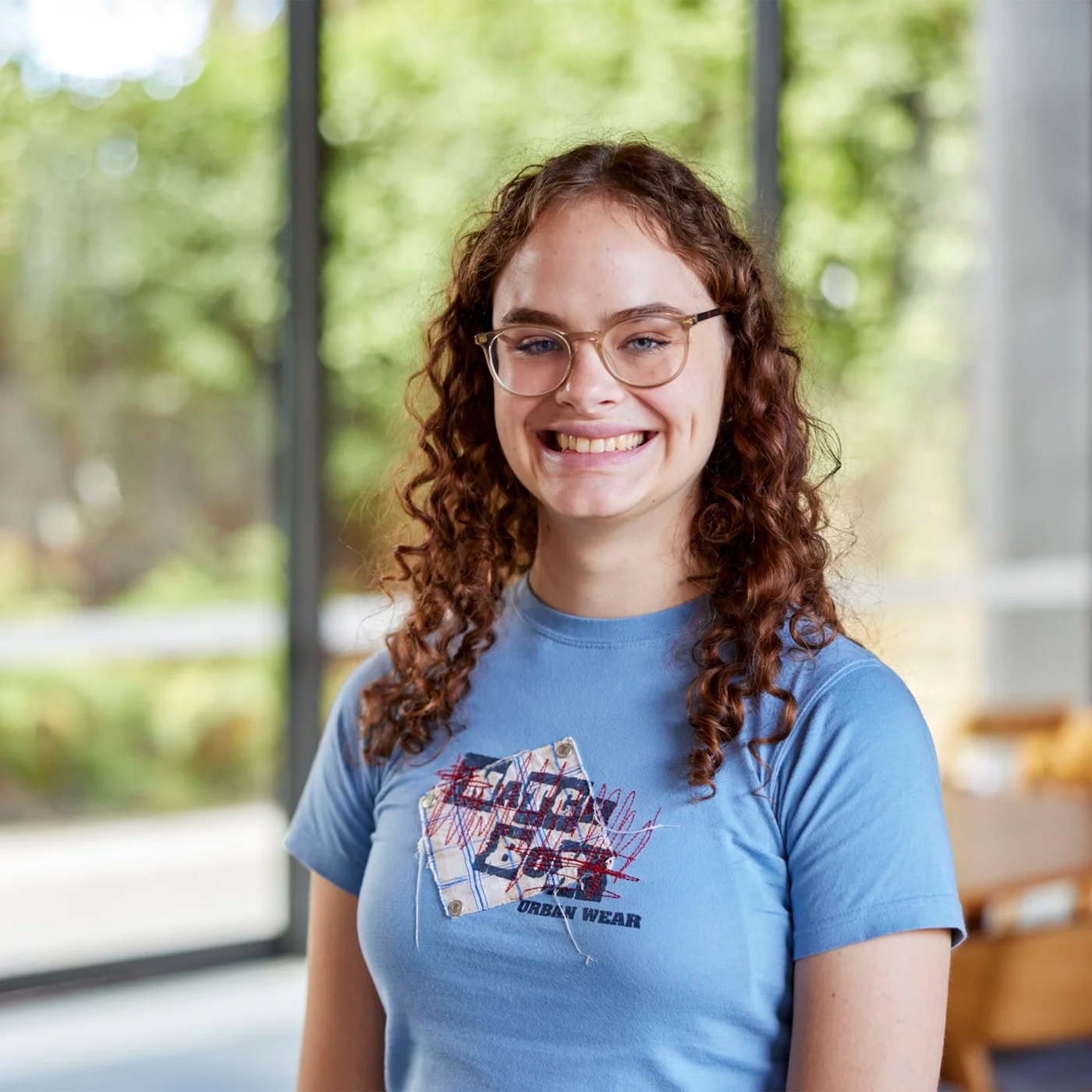
Mikayla Hand’s journey from Indooroopilly State High to studying at Australia’s top university
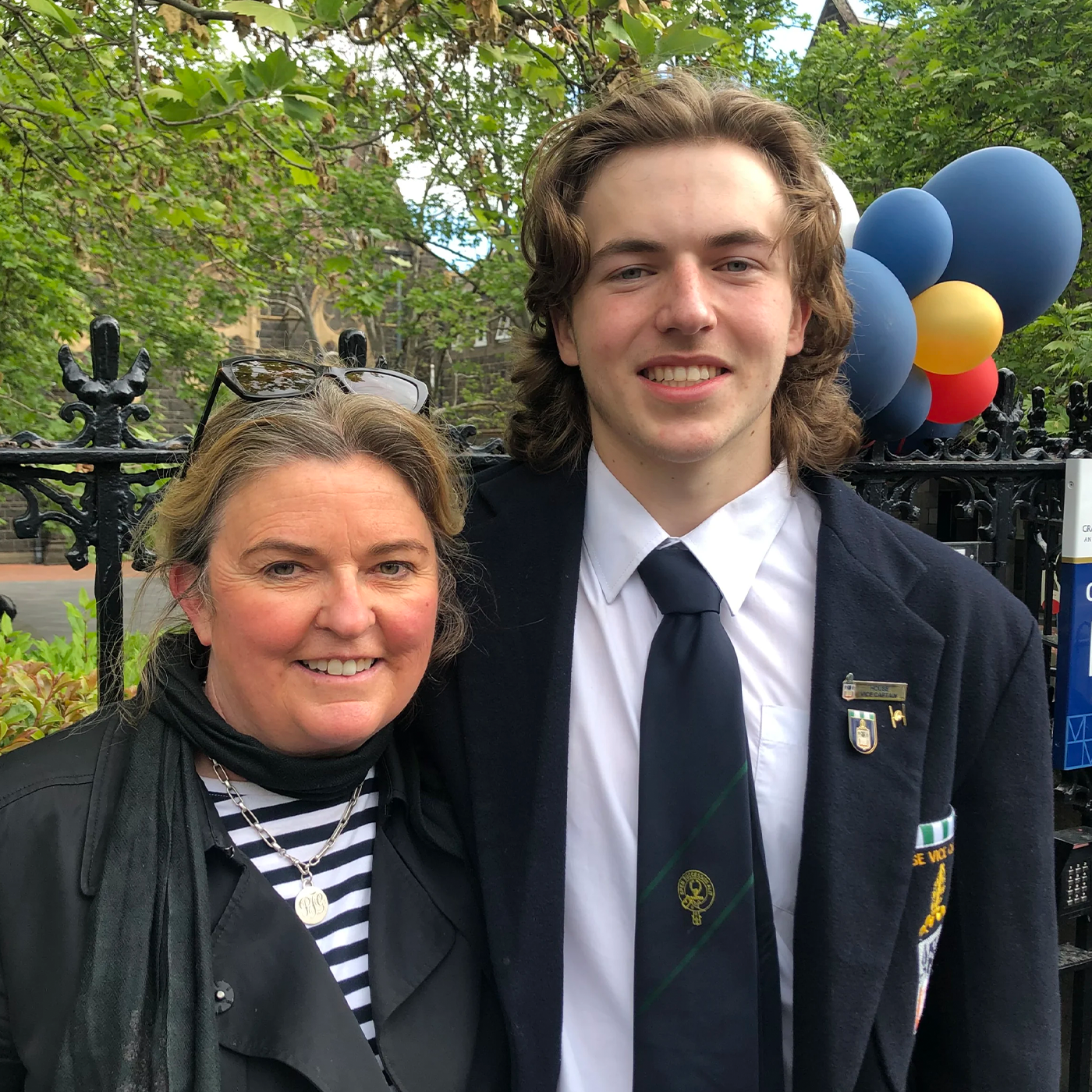
From farm life to Trinity College: Q&A with Fergus Guest
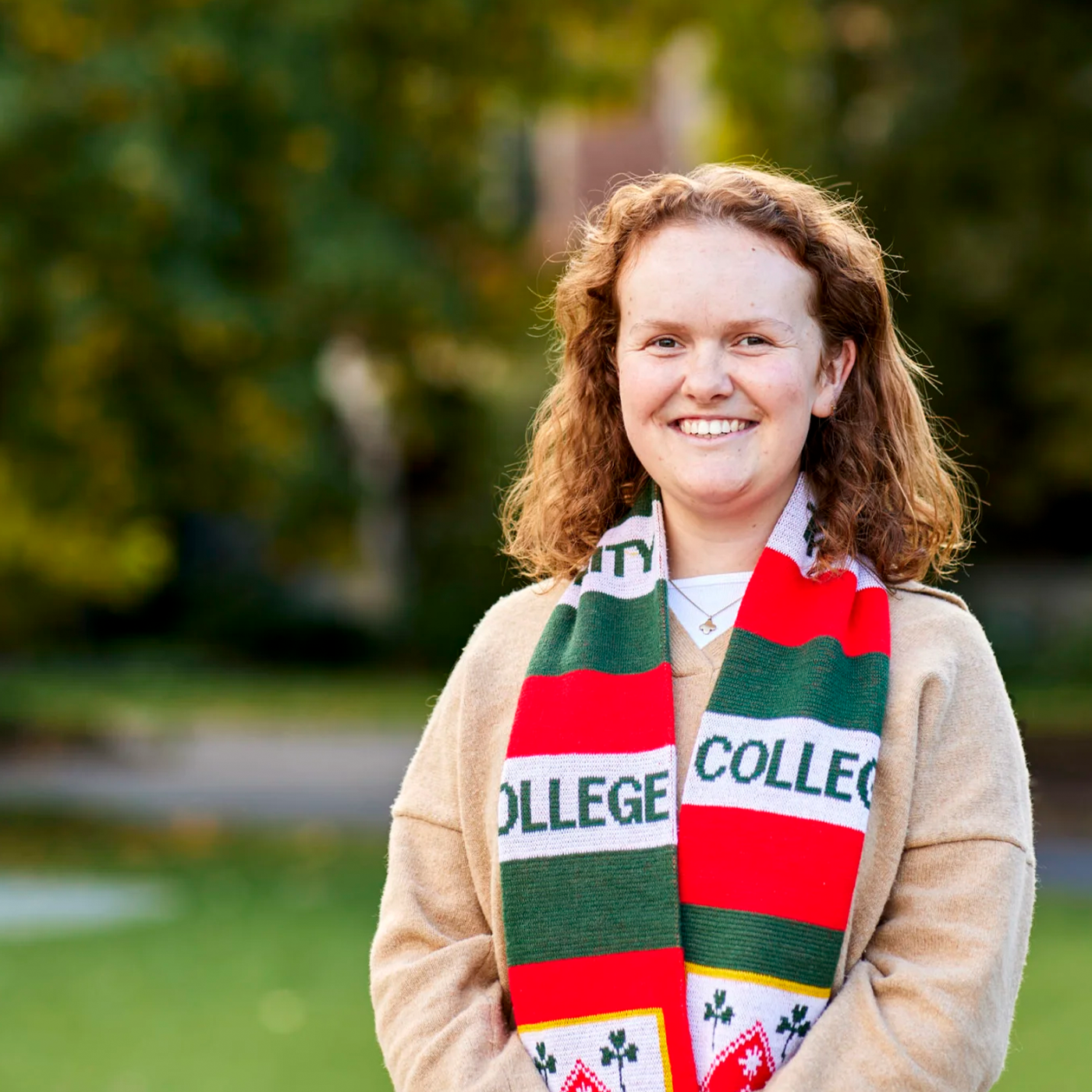
From country to city life: Why college is the complete package for Rosie

Book now: The Addams Family musical
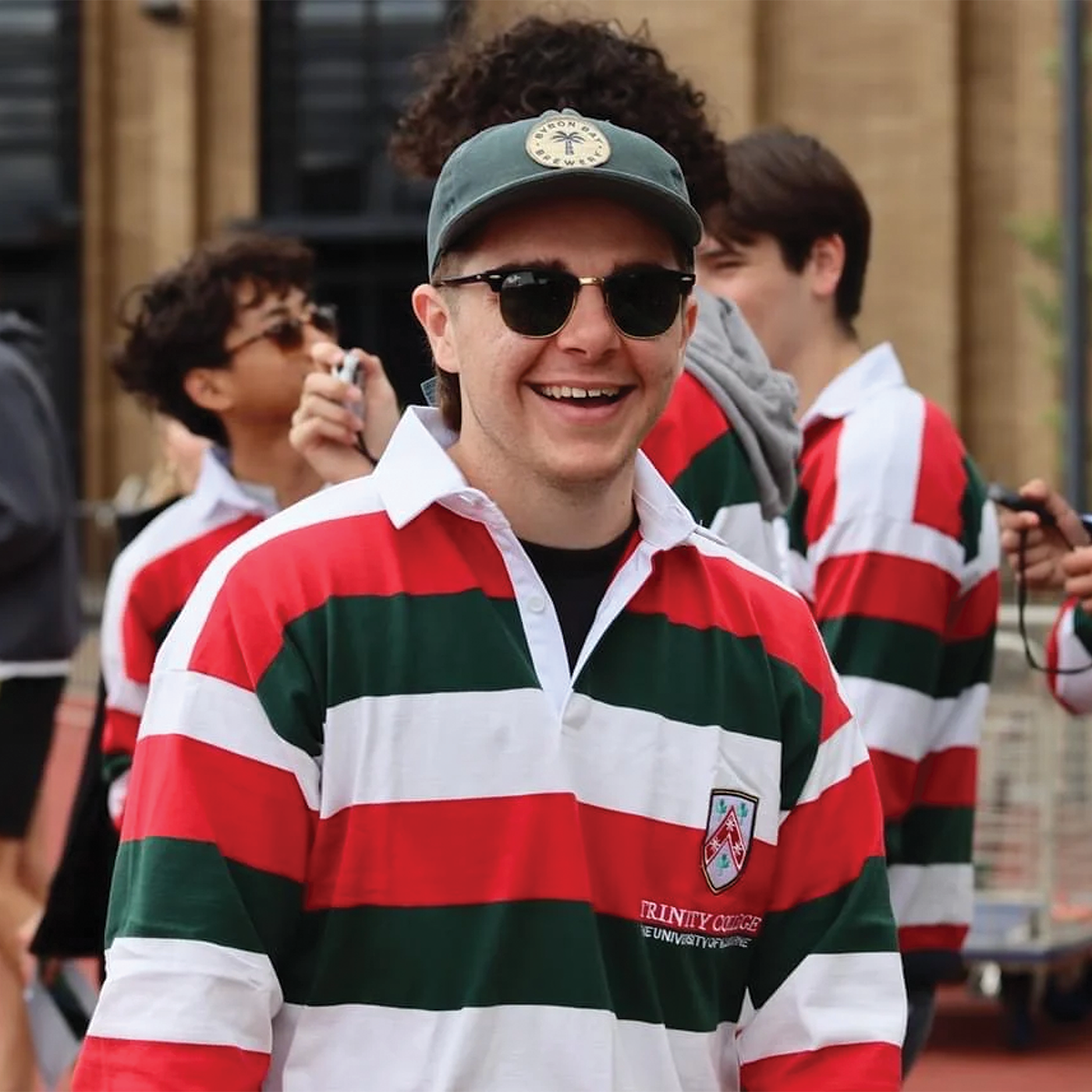
Peter Kalidonis on why making friends at uni is harder than you think
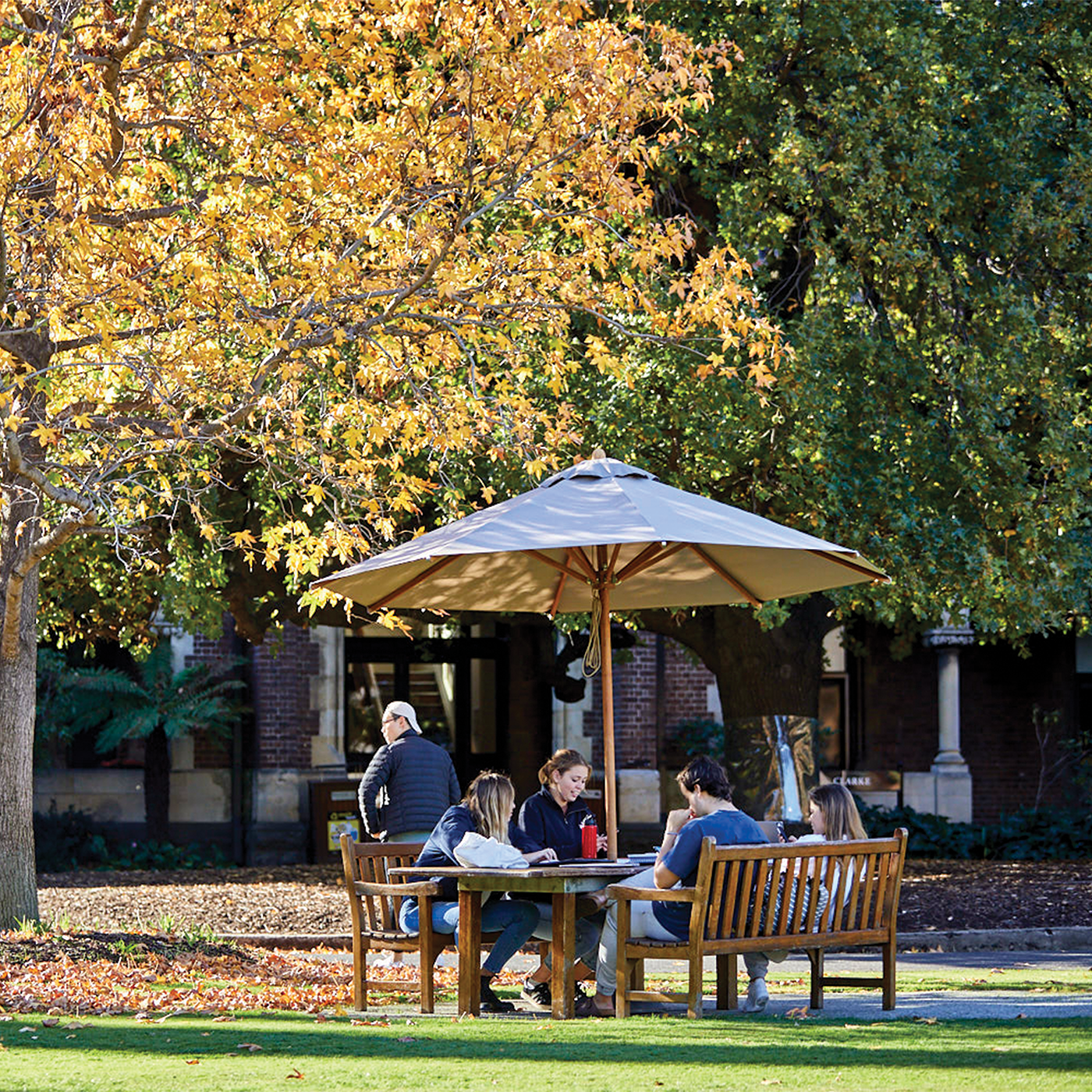
Residential college vs dorm in Australia: what's the difference?
